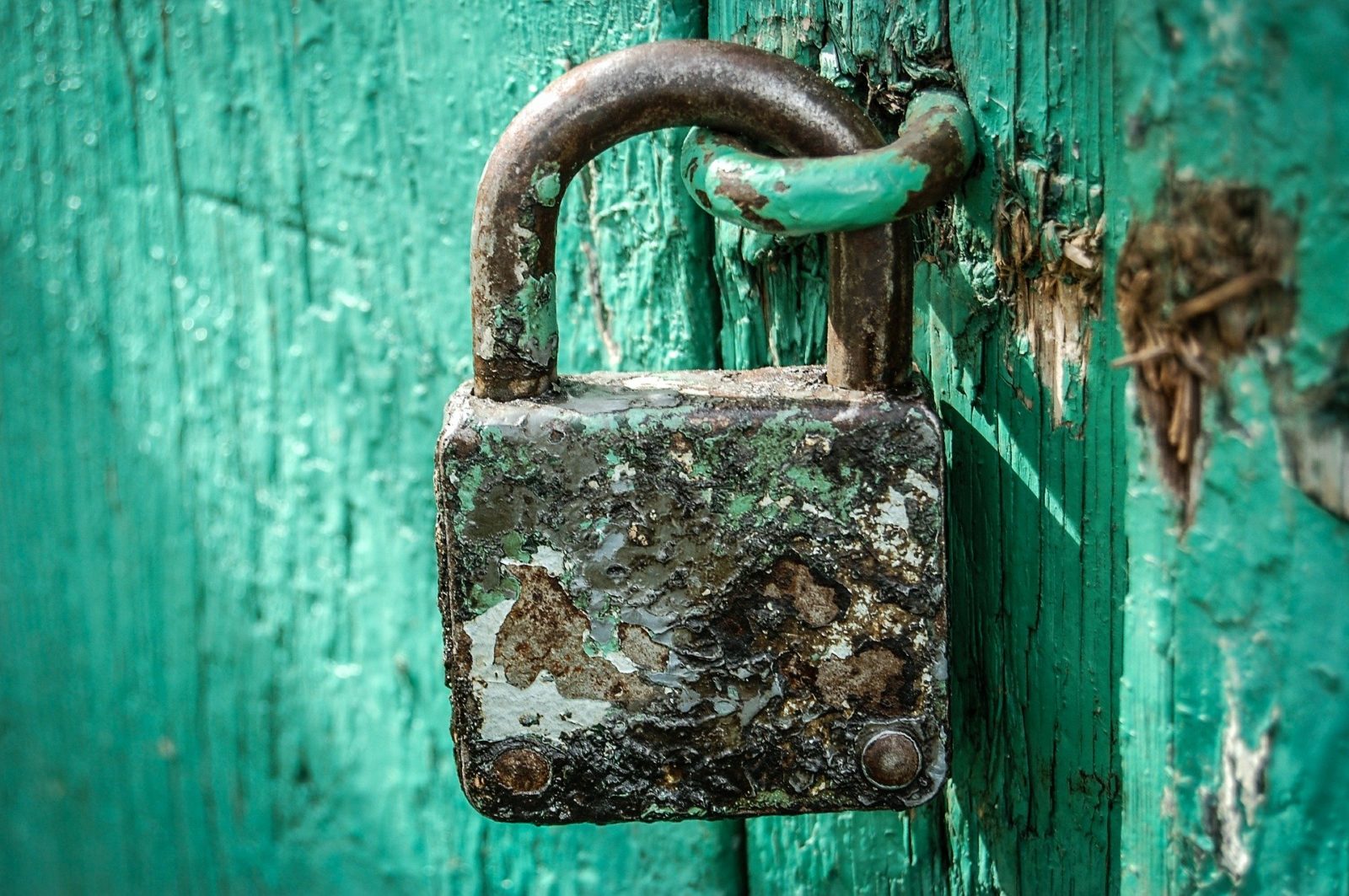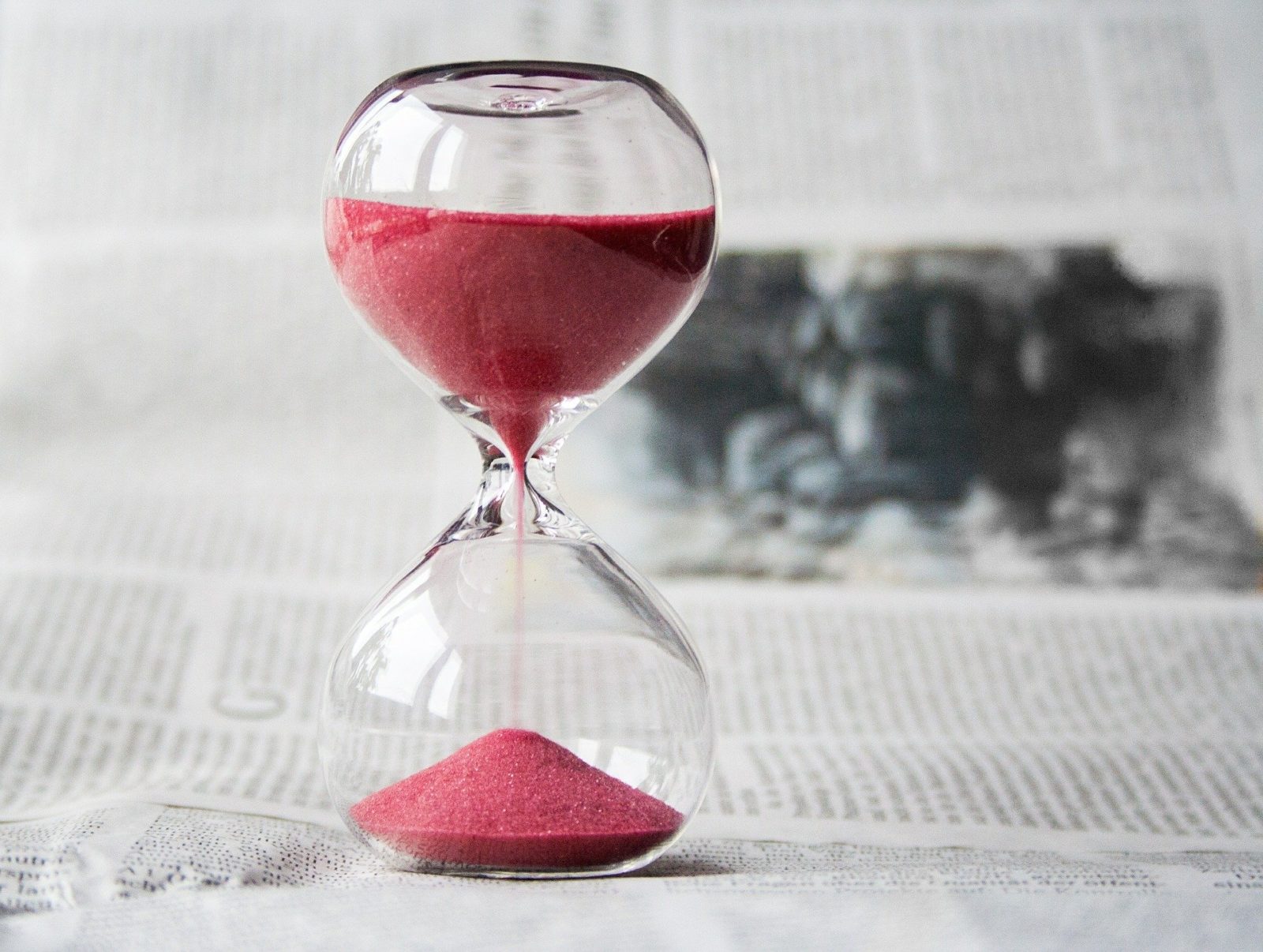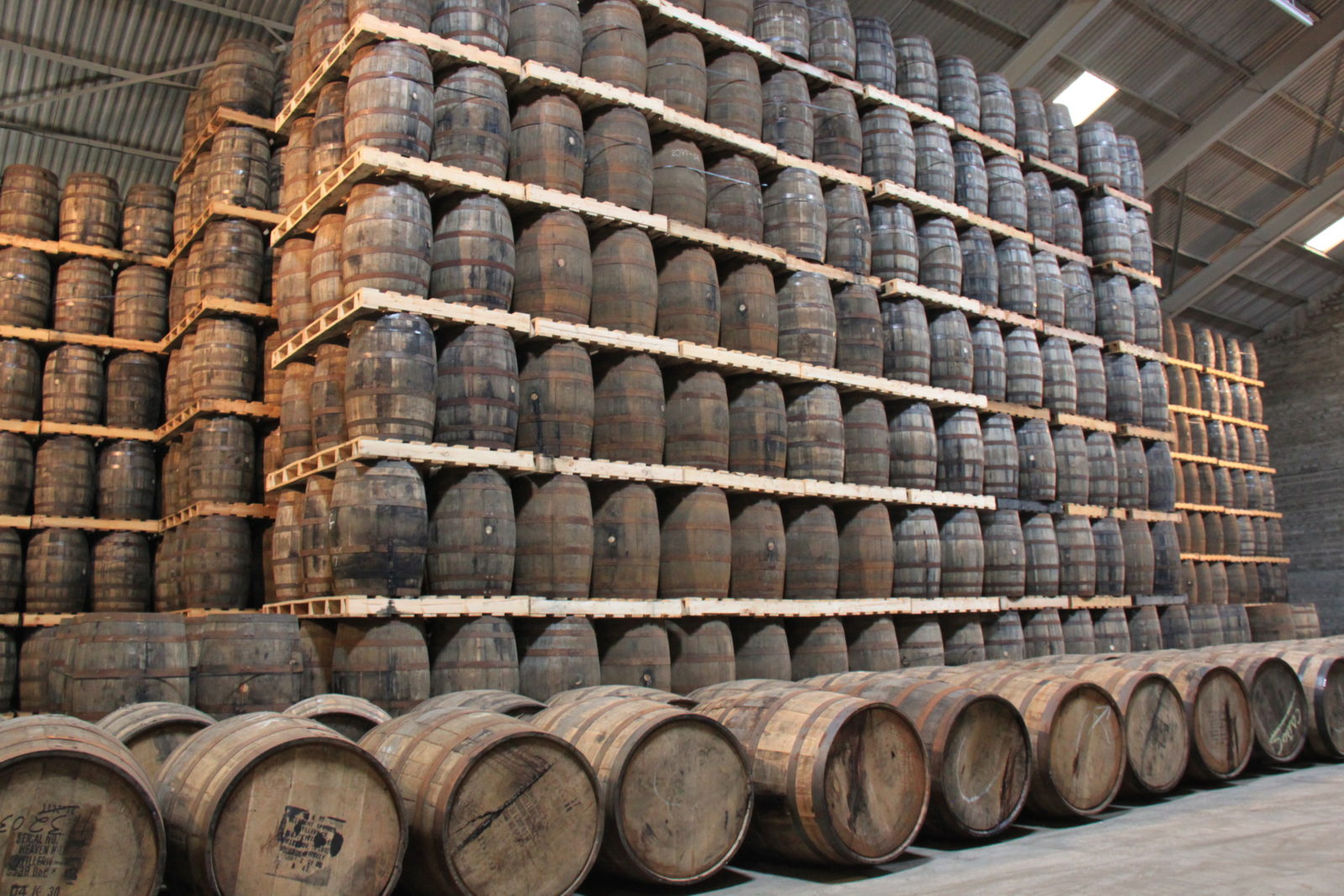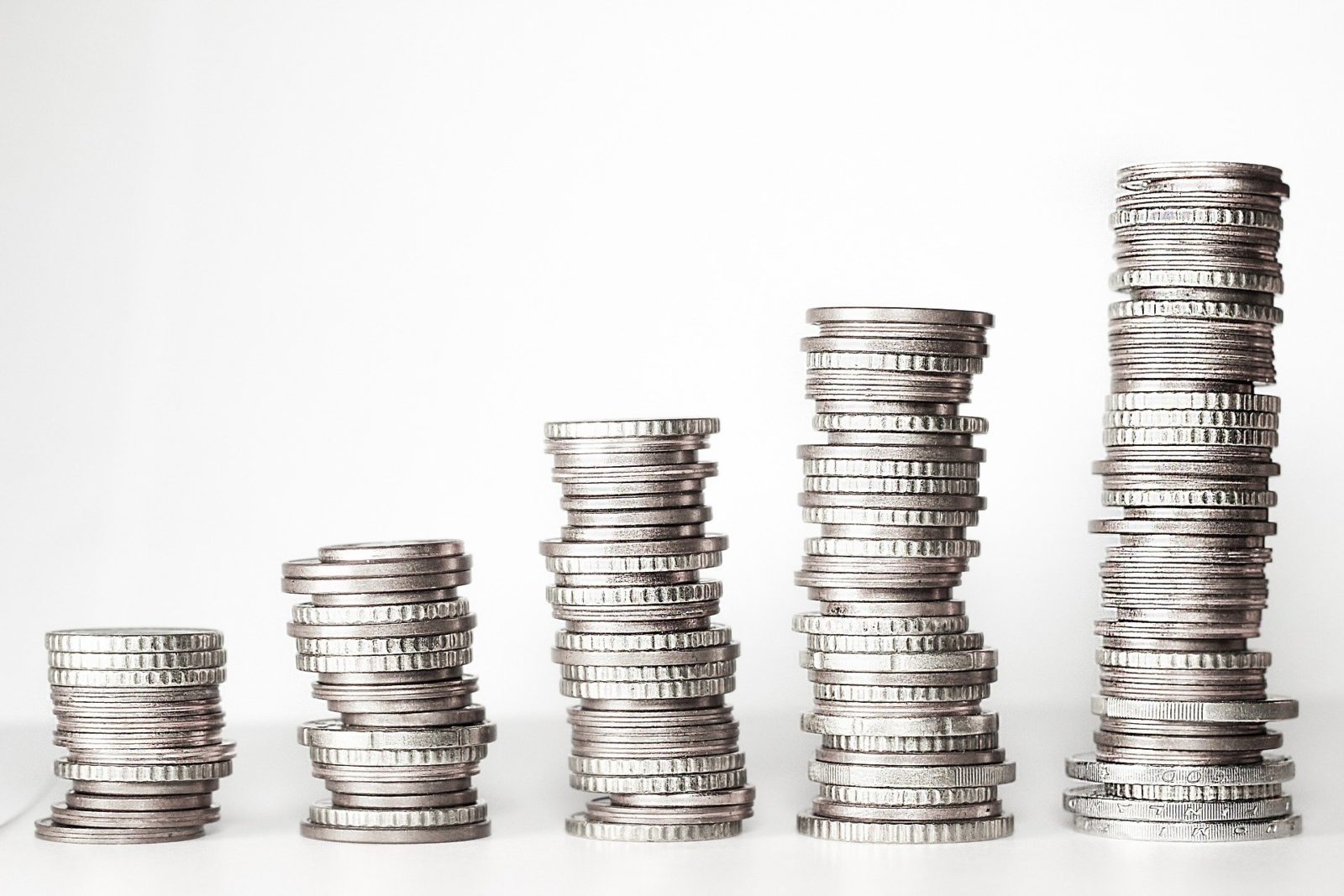You’ve decided that you love whisky. In fact, you love it so much that you’d like to take your relationship with whisky to the next level. As fellow whisky lovers, we’re here to support you! Now, you have to make the choice as to what you want your relationship with whisky to be.
That is, are you collecting whisky or are you investing in whisky?
It really comes down to casks vs bottles. If you’re going to start a whisky collection, you’ll be mainly looking at bottles. But if you’re looking to invest, it could go either way. Which one is right for you?
In this blog, we’re putting casks and bottles head-to-head in an epic battle. Read on as we pit the two against each other and find out which one comes out a champion while the other is left in the dust.
Let’s get ready to rumble…

Barrier to Entry
This is a business term, yes, but it applies to investments as well. What does it take to get into this investment?
Whisky Bottles
You’ll have your work cut out for you when you start investing in whisky bottles. To secure the best opportunities, you’ll have to research the industry and track auctions to see which ones are selling for the best prices.
Whisky bottle investing already has a well-established group of investors, so it can be difficult to break into it. Many of the best whisky bottles are already being held. You’re just hoping they become available to you down the road. If they do, you’ll be bidding against industry experts, often with very deep pockets.
Whisky Casks
Investing in whisky casks can be difficult on your own. You’ll be contacting distilleries, figuring out how to move and store the casks, and trying to gauge its value or when to sell the investment. Plus, you’ll have to find a buyer when you’re ready to get out of the investment.
Or, you can work with a dedicated expert at Braeburn Whisky. The whole process is seamless and simple from acquisition to exit. You’ll have your pick of casks that were hand-selected based on your budget, desired holding period, and personal preferences. Braeburn Whisky will make sure the casks get to the proper storage facility. Then, when you’re ready to sell, Braeburn gives you access to an exclusive platform of investors, independent bottlers, and enthusiasts across the globe.

Holding Period
Before you start investing in anything, it’s best to know how long your money will be tied up. Or, how long will it take to see the profit you’re looking for?
Whisky Bottles
Usually, you’ll be waiting 20 or more years to put your bottled whisky back in auction if you want to see significant returns. Unlike whisky in casks, bottled whisky does not mature with age. That means once a whisky is bottled, it will remain exactly the same indefinitely. Any appreciation in value that a bottled whisky sees is based on changes in demand for that particular release.
What does that mean for holding a bottle of whisky as an investment?
You’re making a gamble hoping that someone in the future will find your bottle of whisky worth more than what you paid for it. That’s the only way you’re going to see a return on your investment.
Whisky Casks
Casks must age at least 3 years, but it’s rare to see a Scotch of less than 5 years old. As an investor, you can choose to buy casks that have just been distilled or casks that have already aged past the 3 or 5-year mark.
What does that mean for your investment?
Since the wooden casks continue to interact with whisky the longer they’re left together, whisky in casks become more flavorful and mellow as the spirit ages. As you know, a 25-year-old whisky is worth much more than a 5-year-old whisky.
That’s why casks are such a lucrative investment opportunity – you get to hold the casks until they reach their peak years and reap the rewards of nature’s maturation process. Casks are usually bottled between 5 and 15 years of maturation, so holding a cask longer than that can mean much higher returns. At that point, the spirit becomes more rare and sought-out by collectors and enthusiasts worldwide.

Storage
The biggest question when crossing over the investment line into tangible territory is:
Where am I going to store this investment?
When you buy art, you have to have a safe place to put the art, hopefully on your wall so you can enjoy it. Classic cars need garage space and require upkeep. Precious metals need a plot in your backyard for burying. (Or am I the only one that does this?)
What about whisky?
Whisky Bottles
You’ll have to provide just the right environment for your whisky bottle collection. Bottles need to be kept away from sunlight and should be stored below room temperature. Whisky bottles also need to be kept upright, as their corks do not seal the same way that wine bottle corks do.
Whisky Casks
Casks also require a specific method for storage, but you won’t have to worry about it. In fact, you never have to touch your whisky cask if you don’t want to.
Whisky casks must be stored in a government bonded warehouse. That’s good news for an investor like you. It means that your investment:
- Is constantly monitored for proper conditions by an expert
- Can never be forged or faked
- Is well-protected and safe while it matures and appreciates in your portfolio

Returns
If you’re looking to invest, you’ll want to know the returns you can expect. How do our contenders stack up?
Whisky Bottles
Returns on bottles are difficult to predict. Bottles, unlike casks, don’t mature with age. The flavor stays exactly the same as it sits on your shelf year after year. You’re relying on someone to seek out that particular bottle when it comes time to sell. Plus, the demand and price you can get for the bottle depends entirely on the market.
Remember that if a particular whisky is mediocre today, it’s probably going to be mediocre in years to come. Here are some things to keep in mind if you want the best returns on your bottled investment:
- Bottles can be forged – make sure you learn how to spot a fake, especially when dealing with private collectors
- Buy from in-demand and high-value brands, like Macallan, Highland Park, and Bowmore
- Scarcity can be your friend – seek out special releases to better your odds at a profit
Whisky Casks
Casks have seen over a 12% average return per annum between 2015-2019.
How can casks provide such a great return on your investment?
You really have the cask itself to thank for that. As whisky matures, it draws flavor from the cask and develops into a richer flavor. The longer that the spirit is allowed to age in a cask, the better the flavor becomes and, thus, the more desirable and exclusive the whisky becomes in the eyes of your future buyers.
Whisky is usually bottled after it’s matured between 5 and 15 years. Therefore, holding onto a cask with spirit of over 20 years maturation can yield significant profits. Those casks are rare and whisky industry experts understand that they’ll need to fork out a higher price in order to get their hands on your cask.

Exit Strategy
When you’re ready to sell your investment with maximum profit, what happens? An investment is only good if you can actually get your money back from it, and then some.
How does that look for whisky?
Whisky Bottles
Selling your whisky bottles is a questionable process. You’ll have to keep up-to-date on what’s happening in auctions throughout the world. When you get ready to sell your whisky, you’re going to be guessing what the right time is to get the best profit.
Plus, you’re taking a gamble on if the bottle will even be worth much when you put it for sale. You could take a loss or not be able to sell it at all. This is why it’s important to buy something you’ll enjoy drinking – it may be your only payoff from the investment.
Whisky Casks
Casks that have been maturing offer a much better chance at profit because they naturally appreciate with time.
How can you sell them?
Selling a cask on your own might be challenging. You’ll need to find a buyer, whether that be a bottler or another investor. Then, you’ll have to do some research and figure out what your cask is worth. To transfer the ownership, you’ll need to find and complete official paperwork.
That’s where Braeburn offers you the most value. We help you time your exit in order to maximize your profits, helping you to see what your cask will be worth. Then, we give you access to our exclusive marketplace where your cask is instantly visible to investors, bottlers, and other private businesses looking for your casks.
Braeburn makes transferring the cask very easy and the whole process can be completed in a matter of days.

Which Investment Won? It’s All About Strategy
If you’re looking for a hobby and have the time to research everything about the whisky industry, have a dedicated space with ideal conditions, or just want to hand-select certain whisky bottles for your own personal collection without much care about the return, bottles can be a great way to go. It’s a neat hobby to pick up and most collectors do it just because they love it – not to make any real money.
On the other hand, if you’re looking for unparalleled returns and a secure investment housed in a dedicated warehouse that’s guaranteed 100% authentic, casks are your best option. The spirit only appreciates in value as time passes and becomes increasingly exclusive as it does.
Which will you choose: investment or hobby?

